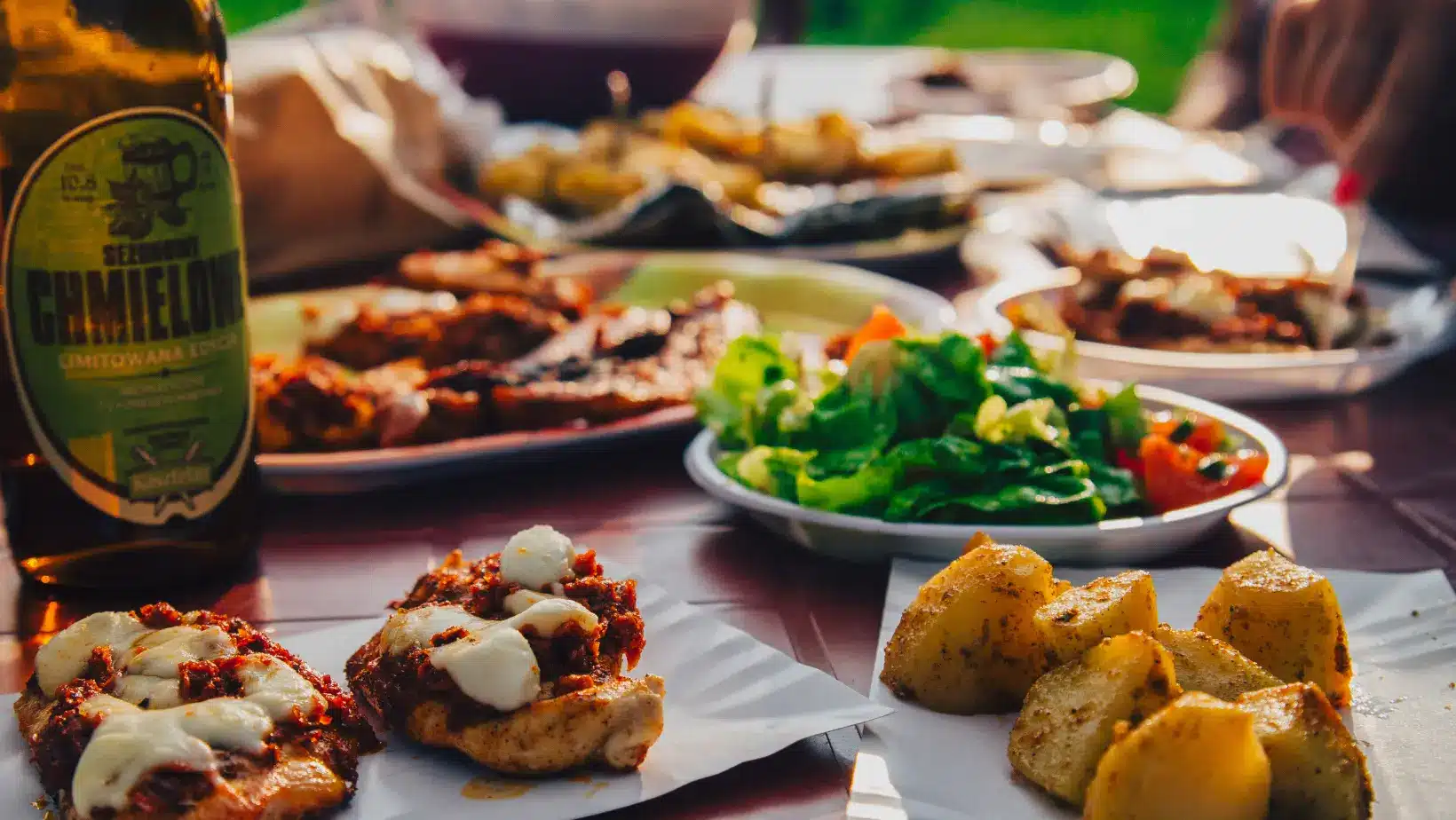I’m hosting friends for dinner, and I chose a recipe that requires a bit of red wine, and I was wondering if it’s fine given that I’m 21 weeks pregnant. I don’t want to take an unnecessary risk, even if everyone tells me it’s okay. Can you tell me what you think?
Thank you,
Caroline
Excellent question Caroline,
In fact, the answer is yes and no! 😊 I guess that really isn’t helpful, but I’ll explain.
There are no official recommendations from public health officials or Health Canada about alcohol in dishes made at home. However, there’s important health advice you should consider about alcohol use in the kitchen during pregnancy.
Alcohol consumption should be avoided during pregnancy, as it can lead to risks for your baby’s development. As such, you have to avoid alcohol added to uncooked recipes, as it doesn’t evaporate, for example, if you make flambéed bananas. It remains straight alcohol.
To know if the alcohol evaporated during the cooking process, you need first to know the type of alcohol used, the quantity, and the time the alcohol was added to the dish. If I add a spirit at the end of the process, it will remain highly concentrated when it’s eaten. In contrast, if I use a product with a low level of alcohol, in low levels at the start of cooking, and say it simmers for 2 hours, the concentration will be zero.
Here is some advice to follow when adding alcohol to a recipe during pregnancy:
- Use a product with a lower level of alcohol, such as beer, wine or cider. Never use a spirit such as whisky, brandy, etc.
- Choose recipes with small quantities of alcohol.
- Add the alcohol at the start of the cooking process to give it time to dissipate.
- Choose a dish that simmers uncovered for 2 hours or more.
Now you know, Caroline, why I answered yes and no to your question. Yes, you can, but follow my instructions above. I hope this answers your question and you can share this information with friends and family.
Talk soon,
Marie
The Baby Expert


